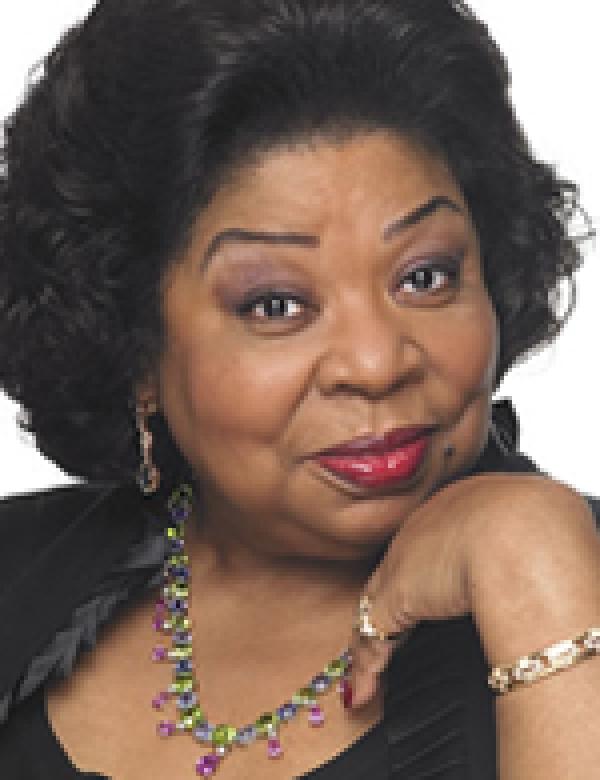Bio
Born on February 2, 1937, and raised in Harlem by her Puerto Rican father and African-American mother, Martina Arroyo's arts development began at a young age with ballet classes, piano lessons, and singing in the church choir. While supporting her interest in a career in the arts, her parents encouraged her to pursue a more financially stable career as well. At the age of 19, she earned her BA from Hunter College, where she studied to become a high school language teacher and participated in the college's Opera Workshop, studying voice with Joseph Turnau. She subsequently enrolled in graduate work at NYU, began teaching Italian at a New York City public school in the Bronx, and began work at the city's welfare department as a case worker. Simultaneously, she continued her vocal studies with Marinka Gurewich and auditioned at the Met but without success.
In 1958, Arroyo again attempted -- and won -- the Metropolitan Opera Auditions of the Air radio competition, in which young singers compete for admission to the Met's training program. She pursued singing full-time, focusing her energy at the Met's Kathryn Long School on courses ranging from drama and diction to acting and fencing. That same year she made her Carnegie Hall debut in the American première of Ildebrando Pizzetti's Assassinio nella cattedrale. After performing minor roles at the Met, Arroyo went to Europe and performed major roles in Vienna, Düsseldorf, Berlin, Frankfurt, and Zurich, where her dramatic performances earned her increasing recognition and popularity.
At the Met in 1965, she substituted for an ailing Birgit Nilsson in the role of Aïda. Although Nilsson was one of the most famous voices at the time, the ever-critical Met audience cheered Arroyo's performance in the role with a standing ovation. She went on to perform at the Met all of the major Verdi roles that would become the basis of her repertory, as well as Donna Anna, Cio-Cio-San, Liù, Santuzza, Gioconda, and Elsa. In 1968, she debuted in London as Valentine in a concert version of Giacomo Meyerbeer's Les Huguenots and also made her Covent Garden debut in Aïda in the title role. Three more significant opera house debuts occurred in 1972, that of Milan's La Scala, Paris' Opéra National, and Buenos Aires' Teatro Colón. The breadth of Arroyo's work is reflected in countless recordings of major operas and orchestral works.
Appointed by President Gerald Ford in 1976, Arroyo served six years on the NEA's National Council on the Arts and currently serves on the boards at Carnegie Hall, the Metropolitan Opera Guild, Collegiate Chorale, and is a trustee emerita of the Hunter College Foundation. She has given countless master classes nationally and internationally, and judged several competitions including the George London Competition and the Tchaikovsky International Competition. She has been recognized for her myriad accomplishments by numerous organizations. She was inducted as a Fellow into the American Academy of Arts and Sciences (2002); awarded the V.E.R.A. honor by The Voice Foundation (2006), and she was honored by Amici di Verdi in London, Citizens Committee for New York City, and Opera Index among others.
While she continues to present master classes and lectures at many institutions throughout the world, she is most passionate about having established the Martina Arroyo Foundation in New York City in 2003, which offers emerging artists at the inception of their professional careers a structured curriculum, focusing on the study and preparation of complete operatic roles.
Known as a consummate performer, Arroyo is also highly regarded and beloved for her engaging personality and quick wit. Her countless interviews and appearances on television -- most notably appearing more than 20 times on The Tonight Show -- helped to break down opera's reputation as a formal and inaccessible art form. Unassuming, delightful, and seemingly unguarded, Arroyo's warmth and talent translate from radio to stage to screen.

